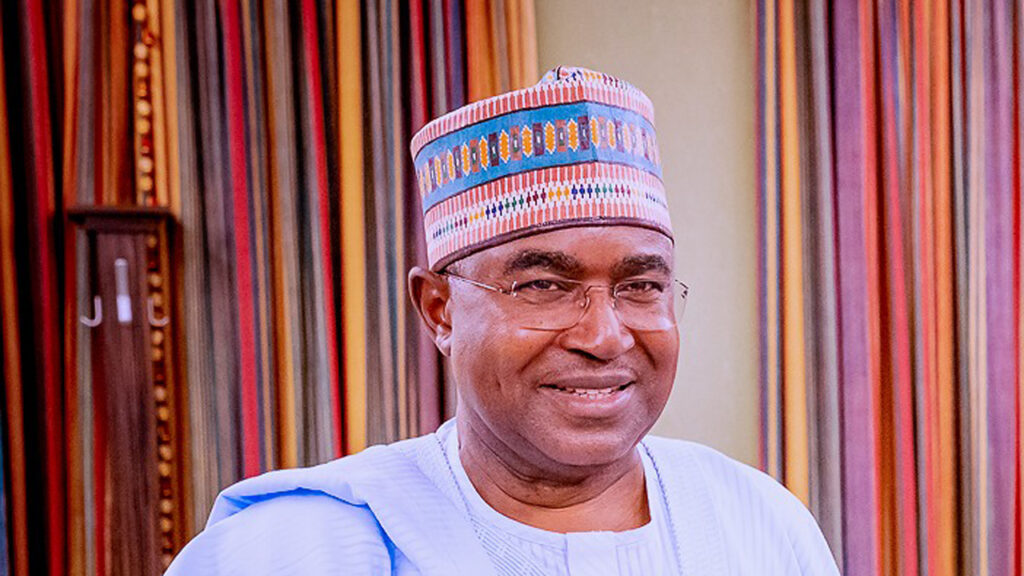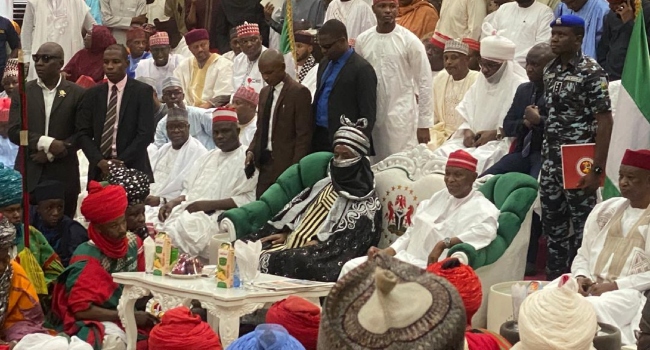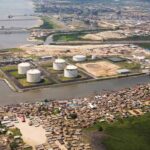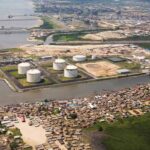
Activists drawn from civil society organisations have condemned the Petroleum Industry Bill (PIB) recently passed by both chambers of the National Assembly for failing to address critical issues in the oil and gas sector, especially as they concern oil-bearing communities.
Speaking at a media briefing in Lagos, representatives of Home of Mother Earth Foundation (HOMEF), Corporate Accountability and Public Participation Africa (CAPPA), We The People and the Environmental Rights Action/Friends of the Earth Nigeria (ERA/FoEN) carpeted the lawmakers for passing what they described as an “obnoxious and vexatious bill.”
Director of HOMEF, Nnimmo Bassey, Acting Executive Director of ERA/FoEN, Chima Williams, Ken Henshaw of ERA/FoEN, Akinbode Oluwafemi, Philip Jakpor and Aderonke Ige of CAPPA, among others, condemned provisions of the bill, especially the three per cent for Host Communities Fund and 30 per cent for oil exploration in Frontier Basins in Northern Nigeria.
They insisted that the current version of the PIB failed to address community, economic and environmental concerns, adding that the bill was introduced in 2008 and envisaged the emergence of new institutional frameworks to govern the operation of the oil and gas industry in Nigeria.
On the Host Communities Trust, the PIB makes elaborate provisions for the establishment and management of a petroleum host community development trust as a framework for the transfer of development benefits to the communities.
“However, it makes the incorporation of the trust the exclusive responsibility of oil companies operating in the area and gives oil companies overriding powers to decide who become members of the trust and other governance structures.
“The provisions for the establishment and governance of the trust, downgrades participation of communities, while overtly promoting the role of oil companies. The PIB empowers the companies to nominate all members of the Board of Trustees with only an obligation to ‘consult’ host communities,” Henshaw said.
They argued that the three per cent earmarked for host communities was a clear indication that the PIB was meant to continue the historical treatment of host communities as oil colonies and sacrifice zones under the control of profiteering companies.
“It also indicates that the government still holds the erroneous and unfortunate view that communities where crude oil is extracted from do not have the capacity to direct their affairs. This is not only untrue; it is also insulting,” they added.
The groups, therefore, recommended the harmonisation of the PIB, incorporation and management of the Host Communities Trust and governed by members of each host community.
“We also recommend that contrary to the PIB’s current provisions, the oil companies should not be the ones to determine who is a host community,” they added.
On gas flaring, they said although the PIB makes it illegal, it however, creates series of exemptions, which basically ensure that the same gas flare regime continues unchecked, adding that it also identified instances where gas flaring might be permitted, including emergencies, exemptions and acceptable safety practices under established regulations.
They further lamented that the PIB expresses no intention for moving Nigeria away from dependence on fossils, adding that at a time when the world is moving away from crude oil, the PIB planned to make more investments in that regard.













